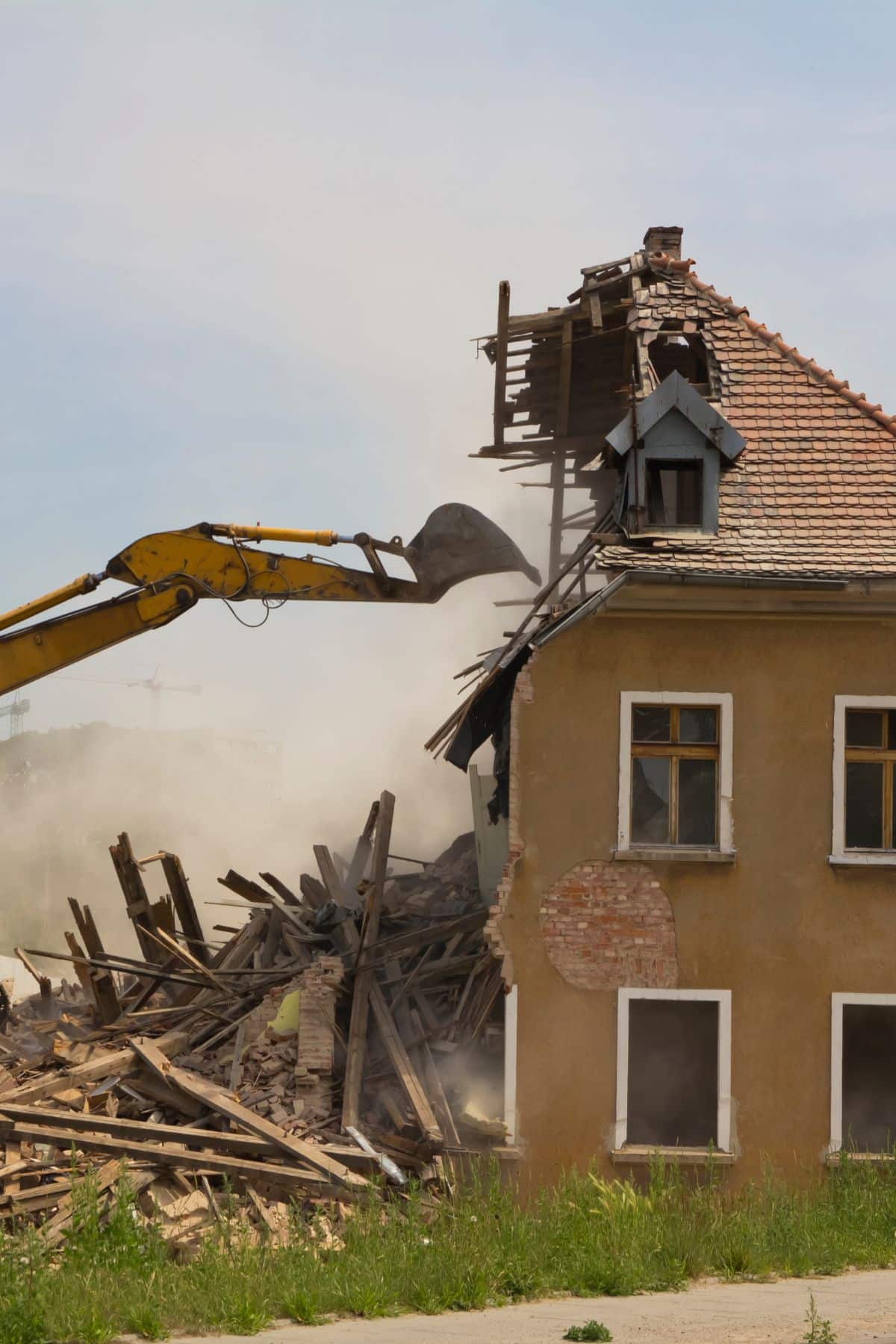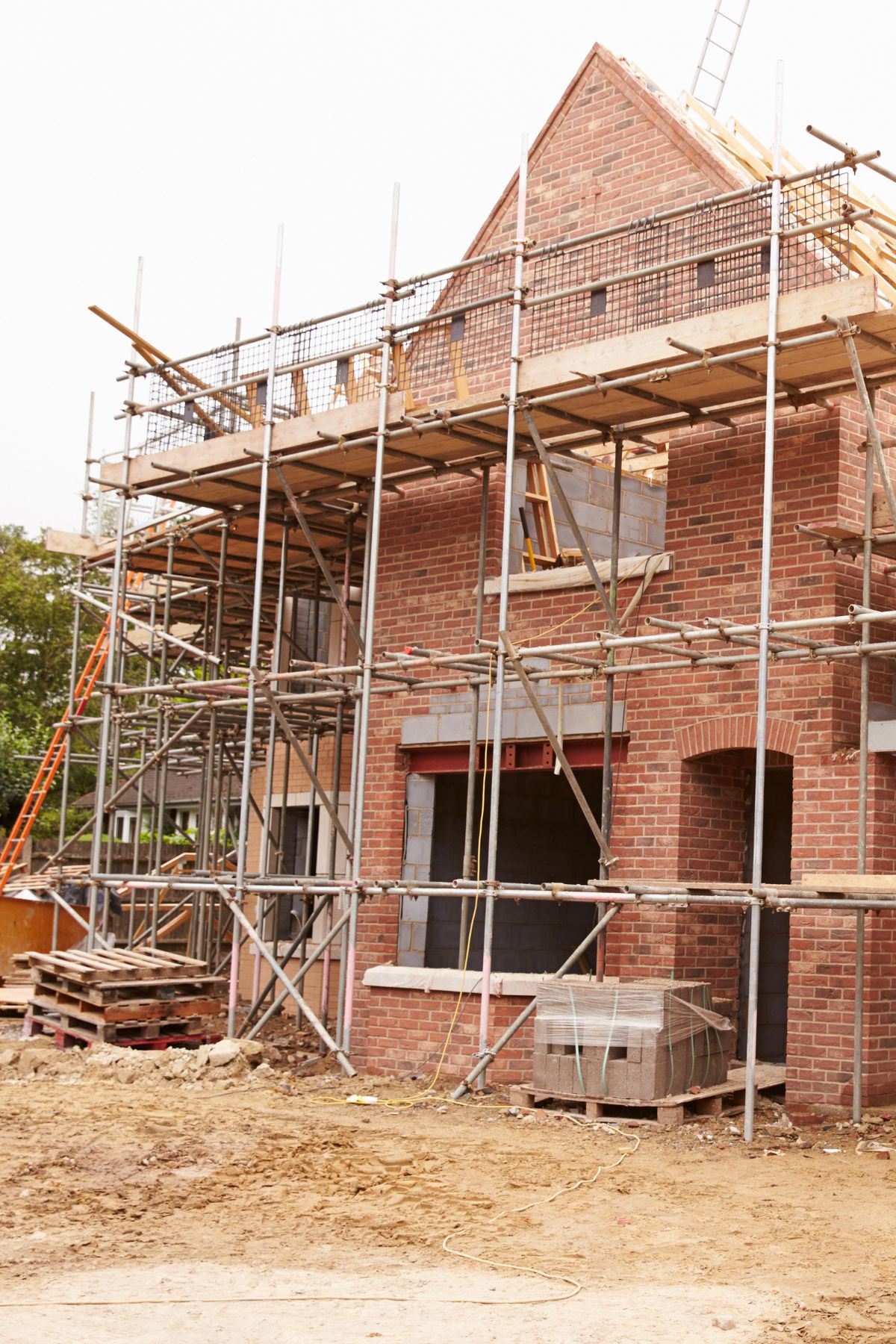
Every project desires a hero’s entrance, but many stumble. Teardown’s conjure turmoil, dust, and the potential of a costly mistake. People often skip to sledgehammers and skip bins, ignoring the issues behind the joy.
Without a plan, mistakes increase. Costs rise as issues multiply. Time empties like a broken pipe. How do disasters differ from efficient operations?
Not luck or physical power, but deliberate, thoughtful planning before lifting a finger or swinging a hammer.
Setting the Stage for Precision
Success starts long before walls come tumbling down. For contractors like Chain Demolition operating in Cheshire and Manchester, that means dissecting each building on paper first, analysing everything from structural weak points to hidden cabling and environmental hazards, such as non-fibrous asbestos.
The best jobs don’t just happen, they’re orchestrated step by step, with safety checklists, site maps, material recovery schedules, and team roles outlined in advance.
Unplanned surprises cost money or worse, risk injury and legal trouble. In such a game, the only winning move is meticulous preparation aimed at eliminating uncertainty before demolition equipment even arrives.
Safety Isn’t An Afterthought
Any casual observer sees rubble, professionals see danger waiting to strike if corners get cut. Clear plans outline evacuation routes, flag hazardous materials promptly, establish safe work boundaries, and assign responsibilities so that everyone knows what is expected every day on-site.
There’s no room for guesswork about where unstable masonry lurks or which zone is off-limits during ongoing work. Proper planning shrinks accident rates dramatically because risks aren’t left hanging for later discovery—they’re handled before boots touch concrete.
Budgets Breathe Or Suffocate Here
Some believe cost overruns are baked into any teardown project, but it simply isn’t true for those who take forecasting seriously up front.
Planning means putting pen to paper: every material inventoried, all labour hours logged, permits sorted well ahead of time, and contingency funds earmarked for genuine surprises rather than rookie oversights.
When forecasts align with reality with minimal friction, clients can relax instead of biting their nails over creeping expenses. That clarity keeps trust intact throughout the process—and let’s not pretend: reputation means everything in contracting.
Clearing Clutter vs Creating Chaos
Site clearance looks deceptively simple until waste piles turn unmanageable overnight or logistics grind to a halt because space calculations were half-hearted guesses at best.
Nothing undermines efficiency faster than choke points caused by poor staging or misjudged haulage needs. This headache quickly spreads across even experienced teams if overlooked in the rush to finish quickly.
Smart projects map every load-out route ahead of time so materials are recycled promptly and hazards never mix with recyclable salvage or innocent bystanders.

No successful job begins without an anchor, a plan detailed enough to steer every decision yet flexible enough to handle twists no spreadsheet can predict entirely.
Dismantling structures safely takes more than muscle; it requires vision applied upfront when mistakes are still only lines on paper rather than holes in budgets or injury reports filed later on office desks.
Any contractor worth trusting knows, slow down at the start if you want everything to move smoothly right through to the last brick, leaving site boundaries behind for good.
